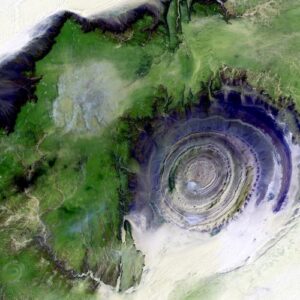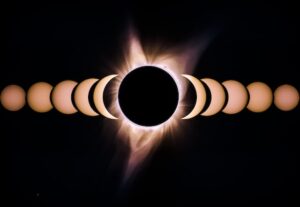Tag «Hegel»
On Hegel’s Philosophical System

Certainly, the concept of a system had a long history before Kant’s philosophical system, going back even to ancient philosophy and Greek language. Usually, it meant a whole in which the composing elements are integrated organically. Therefore, they depended on each other, as organs depend on each other in an organism. The representation of such …
A priori Knowledge in German Idealism

Despite the contradictions discovered in the theory of the Critique of Pure Reason, a few Kantian ideas became soon after its publishing philosophical commodities concerning a priori knowledge. First, the need to transform philosophy into a deductive science based on principles, a science that could ground all the other less abstract sciences, like Newtonian physics …
Idealism vs Realism in Modernity

We think of Hegel not only as one of the most important philosophers but also as one of the most important representatives of the philosophy of identity. I understand here by ‘philosophy of identity’ that type of philosophy that states the fundamental identity or correspondence between the human mind and external reality. Because of its …
Matter and Repulsion
Time, Motion and Matter

From the way in which time and space are given to us, we can also ‘deduce’ two other new necessary thought contents: motion and matter. If we come back to the initial content of our pure representations of space and time, they are magnitudes in which there is no difference. As an empty space, space …
Science and Rational Imagination

Concrete observations come necessarily before any theoretical scientific modeling. One needs a large pool of empirically observed data on which a scientist builds his theory, that is to say, an imagined view of the world in which things are thought to be related mathematically. Science and rational imagination are a necessary conceptual pair. The principles …
On Hegel’s A Priori Approach

We must acknowledge that the distinction between a priori and a posteriori raises many difficulties for an understanding of Hegel’s philosophy of nature. Some interpreters have contended that the a priori character of this philosophy makes it completely senseless in that it claims the legitimacy to replace empirical research of science with the pure logical …
Philosophy as Science of First Principles

There is an interesting misunderstanding concerning Hegel: the idea that he wanted to explain everything through his philosophical system, that he tried to raise himself to the absolute knowledge of God. Of course, this is also based on his own words, concepts, or expressions like ‘absolute knowledge’ that accompany his explanations concerning his philosophy. But …


